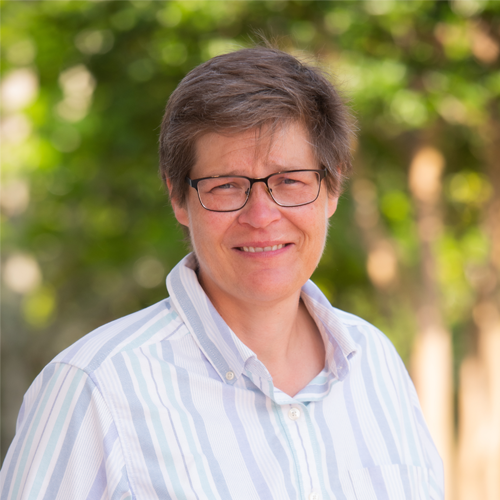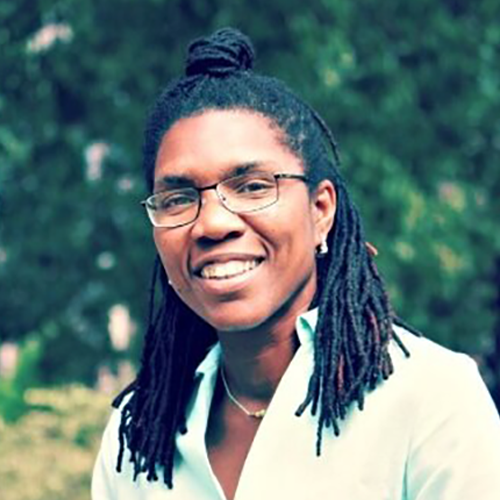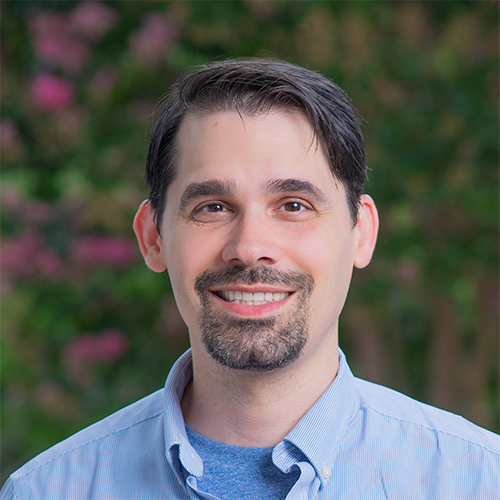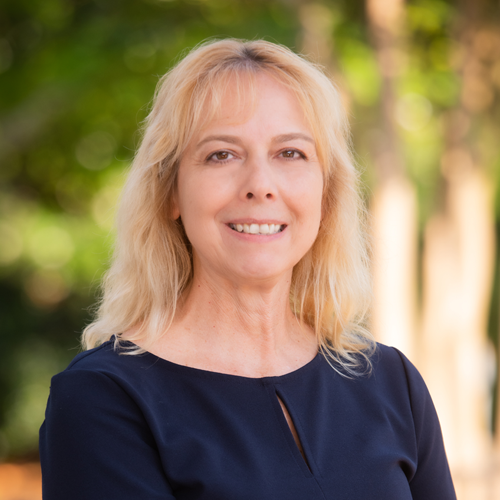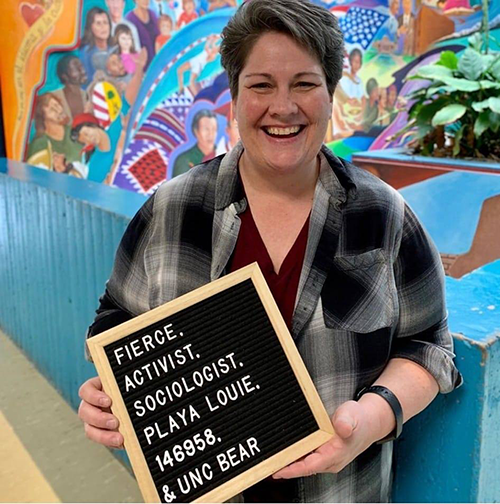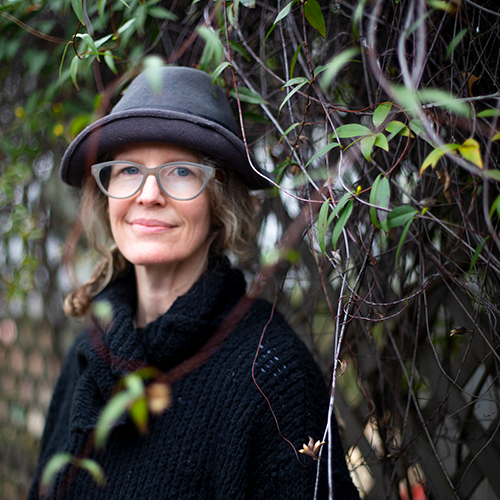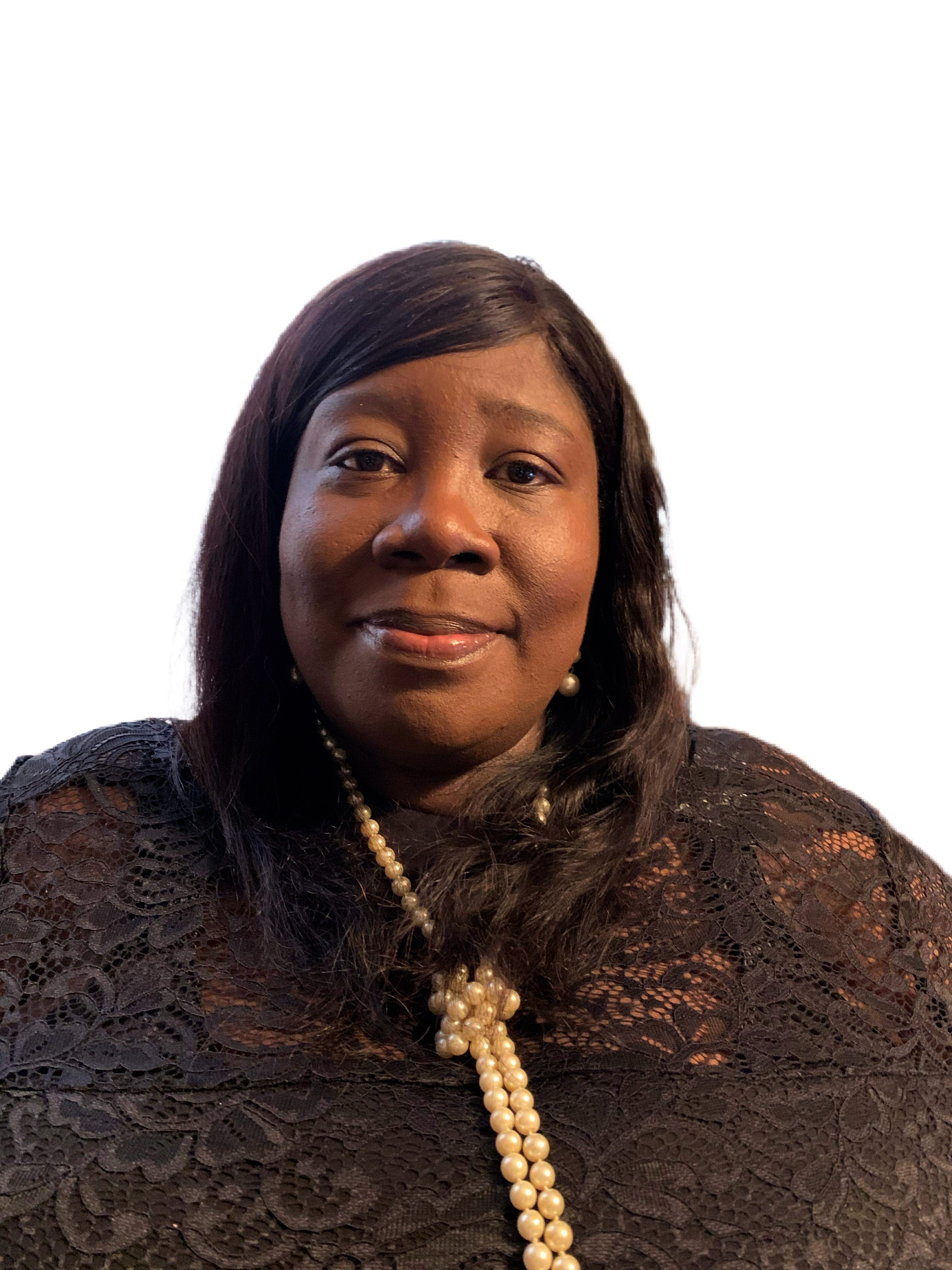Our Story
The Story of APAEP
The Alabama Prison Arts + Education Project was built on the belief that all people deserve access to education, and that the creative spirit is an essential part of our humanity. Education, for us, means introducing new levels of engagement with curiosity, creativity, and intellectual pursuits. Education, for us, means fostering pathways through the inherent interconnectedness of learning and creating. The kind of educational engagement we believe in becomes a way of living, where people have individual agency and voice and become the agents of change in their communities.
We work to create spaces of respect, trust, and empathy where people have the opportunity through the act of learning to take ownership of their stories and journeys. APAEP exists for students, and we value their voices to help shape our community and our future initiatives.
We understand that this is rarely a simple process. Learning can be messy. Signing up for a class can mean taking a risk. People with good intentions still stumble. Maintaining open and honest communication with our students has been fundamental to the history of APAEP. The voices and experiences of people who take our classes have guided this programs development.
We also recognize that access to education is nothing without inclusion. Systems of inequality remain pervasive inside and outside of prison, but every single APAEP class is part of a cooperative investment in the future. People grow best in community with other people, especially those of diverse backgrounds, beliefs, and values. We believe individual and collective successes are inextricably linked, and working toward a better life, a better system, and a better world requires both individual voices and collective action.
APAEP is a community that is always growing, always becoming. Over the last two decades, APAEP has served thousands of people inside. Thousands have joined with teachers, artists, allies, supporters, and advocates across the state and nation. With every new student, supporter, educator, and friend, our community strengthens and grows. No matter your background, your interests, or the reasons you have found us here, you are welcome. We want to hear from you.
The APAEP Path
The Alabama Prison Arts + Education Project was not formed on a particular day in the past. It was initially conceived in 2001 when Kyes Stevens began teaching at the Talladega Federal Prison through a fellowship from the National Endowment for the Arts (NEA). The first phase of what is now APAEP was called The Alabama Prison Arts Initiative, which was first funded by the NEA in 2003. The Center for the Arts & Humanities in the College of Liberal Arts at Auburn University served as the fiscal agent for the small initiative. In 2004, APAEP took its current name when it became a full-time program of Caroline Marshall Draughon Center for the Arts & Humanities with an administrative position dedicated to the growth of the program.
APAEP grew from one poet teaching in one prison to a community of hundreds of writers, artists, and scholars teaching in correctional facilities across Alabama. Course offerings have grown from poetry to a wide variety of courses in the arts and humanities, social sciences, STEM, and currently includes the first Bachelors degree option from a major public university in the state.
On January 2008, APAEP moved to the Department of Psychology in the College of Liberal Arts. The move served to strengthen APAEP in multiple capacities. Graduate students became more involved in research on the impacts of APAEP programming. After two years in the Psychology Department, APAEP moved to the College of Liberal Arts, and then into the Department of Human Development and Family Studies in the College of Human Science, which allowed an expansion of course offerings including relationship classes.
APAEP and the MFA program in Creative Writing at the University of Alabama have formed a strong partnership, which allows APAEP to increase the number of classes offered each semester, in addition to providing the rewarding opportunity for graduate students and faculty to teach in the prisons. The UA MFA program established Prison Arts Fellowships to support graduate students each semester to teach. In 2022, this model was expanded to include graduate students and faculty fellows from the Department of Gender and Race Studies at UA.
In the spring of 2012, APAEP offered its first programming in hard sciences and mathematics through partnering with the College of Agriculture and the College of Science and Math through the inaugural SPARKs science and math lecture series. In 2013, the first engineering classes were offered. In the fall of 2013, the first Algebra class began. This program grows as we find opportunities and build partnerships to offer new programming.
In January 2017, APAEP began a college program through the U.S. Department of Educations Second Chance Pell Experimental Sites Initiative. Pell funding was taken away from incarcerated people in 1994, effectively destroying most higher educational programming in prisons around the country, but the Second Chance Pell Initiative allows people who enroll through a select group of universities and colleges nationwide to access Pell grants to use toward tuition despite being incarcerated, as an effort to understand impact and create strong strategies for higher education within prisons. Auburn University/APAEP was chosen as one of 67 sites nationally. Access to Pell grants will be reinstated for people who are incarcerated in July 2023.
Auburn University and APAEP offer a Bachelor of Science degree in Interdisciplinary Studies, combining emphases in Business, Leadership, and Human Development and Family Studies at Staton Correctional Facility and Tutwiler Prison for Women. We wanted a degree that would serve the largest number of students for the broadest potential use for the degree. We want students to have options and a strong foundation, no matter where they return to or what they want to do.
APAEP resides in the Office of the Provost at Auburn University, within the administrative leadership of the Office of the Associate Provost for Academic Effectiveness.
The Alabama Prison Arts + Education Project (APAEP) is housed in the Office of the Provost at Auburn University. We depend on support from Auburn University and on federal and state grants, gifts from private foundations, and donations from the community to run our programs. We can function because of the generous support from donors like you and the following organizations.
Our community partners include
The APAEP gives people incarcerated across the state of Alabama access to inclusive, student-centered spaces for creativity, exploration, and the cultivation of lifelong relationships with learning. We value respect, dignity, equity, compassion, and innovation. If this resonates with you or your organization, consider contacting us to discuss partnering on new initiatives or research opportunities.
Though we only serve the state of Alabama, there are many other arts and education initiatives working with people currently and formerly incarcerated in every state. For information on our peer programs across the country, please visit the Alliance for Higher Education in Prison’s national directory.
For individuals and families directly impacted by the criminal legal system in Alabama, consider the following organizations and resources:
Auburn University Strategic Advisory Council
-
Katrina Akande, Department of Human Development and Family Sciences, College of Human Sciences
-
Christopher Basgier, University Writing, Office of the Provost
-
Nathaniel Hardy, Department of Entomology, College of Agriculture
-
Douglas Goodwin, Department of Chemistry, College of Science and Mathematics
-
Ursula Sandefur, Office of Information Technology
-
Sheena Stewart, Applied Learning Center, College of Education
-
Maria Witte, Graduate School
-
Asim Ali, Biggio Center, Office of the Provost
-
Hollie Cost, University Outreach and Public Service
-
LaVarius Harris, Department of Counseling Psychology, College of Education
-
Richard Greene, Compliance Office, Auburn Athletics
-
Robin Sexton, Interdisciplinary Studies, College of Liberal Arts
-
Chippewa Thomas, Office of Faculty Engagement, University Outreach
-
Denise Baker, Systems Department, University Libraries
-
Linda Gibson-Young, College of Nursing
-
Norman Godwin, Academic Effectiveness, Office of the Provost
-
Beth Guertal, Department of Crop and Soil Science, College of Agriculture
-
Ruthie Spiers, Academic Advising, Office of the Provost
-
Mark Wilson, Caroline Marshall Draughon Center for the Arts & Humanities, College of Liberal Arts


